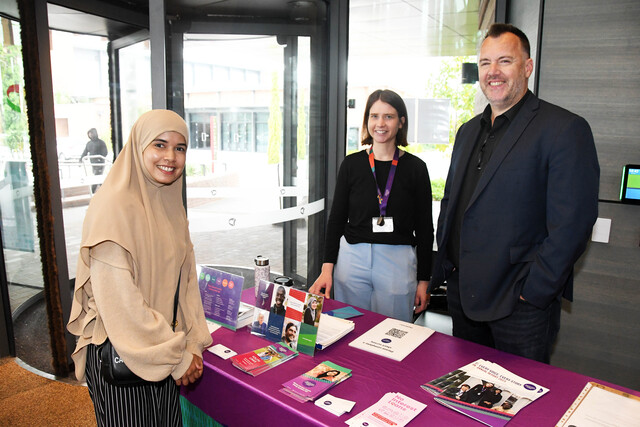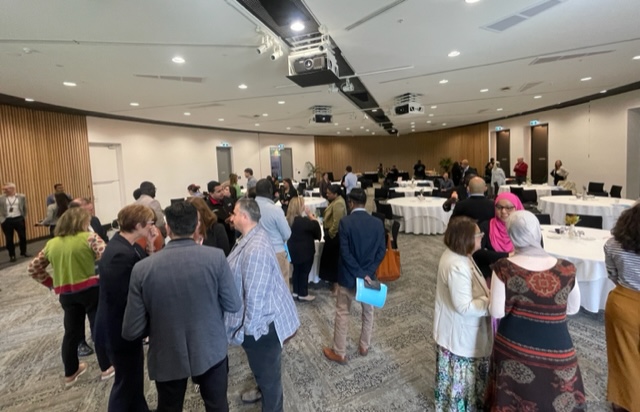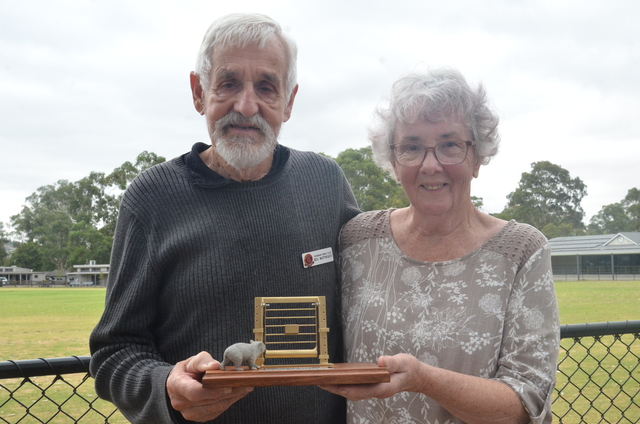By CAM LUCADOU-WELLS
A DANDENONG barrister says newly-arrived mothers are reluctant to report family violence because they fear their children will be taken from them.
Roona Nida is trying to help several mothers reunite with their children who have been farmed out to foster parents by a “scary and unethical” Department of Human Services.
She recently won back a south-east Melbourne mother’s young children in a prolonged children’s court battle against the department – which originally intervened after the husband allegedly inflicted family violence.
Since early this year, the children had been placed with separate foster families from incompatible cultural backgrounds and their mother was initially only able to see her children for hour stints in a DHS office.
The department argued for indefinite foster care under a custody-to-secretary order, but the court found it was in the children’s “best interest” to be reunited with their mother.
Ms Nida said it was notoriously rare to defeat the DHS’s recommendations in court, claiming the department tried to suppress favourable reports of her client’s parenting fitness.
She said if not for her pro-bono intervention, the mother had “no hope”.
“It’s scary and unethical. (The DHS) don’t appear to care,” Ms Roona said.
“They should have been more flexible. I think it was easier for them to seek a custody-to-secretary order.”
She said such cases had a chilling effect on refugee and asylum-seeker communities whose members perceive that the mother had been unjustly punished for reporting family violence.
DHS spokesman Mike Griffin said the department was forbidden from commenting on the children’s court case.
“Children are removed as a last resort and only when a court determines the child is at significant risk and the parents cannot protect the child from harm.
“Only a fraction of the 80,000 notifications made each year lead to court action, and only a small percentage of those lead to removal of children.”
He said that in family violence matters, emphasis is given to removing the perpetrator of violence and not the children.
“When children are removed, re-unification is always the goal where possible and most children who enter care are returned to their parent’s care within six months.”
Agencies such as Child First and Cradle to Kinder helped parents manage any issues they faced so that they could be re-united with their children, he said.
















